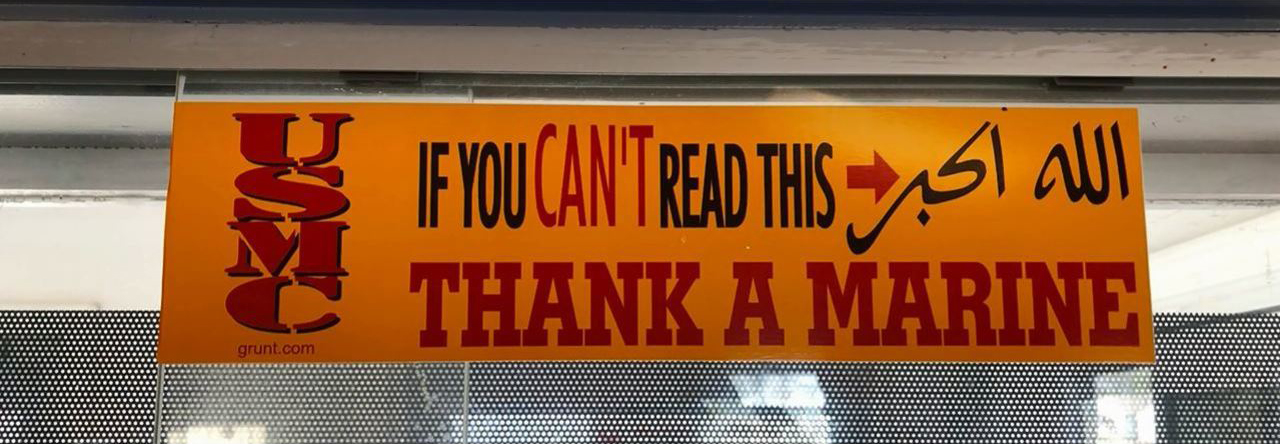POLITICS: We Rate the (Current) Top 5 Democrat Presidential Candidates Policies Effect on the Restaurant Industry
The Presidential Election cycle has returned -- whether we wanted it or not. It’s still extremely early, yet more than 20 Democratic candidates have announced their interest. That’s a lot of folks whose policies might become our new reality in the restaurant industry starting in January of 2021. Consequently, we thought we should provide some insight on policies being offered by these candidates and how they might affect our industry.
DID YOU KNOWS…
Who Works the Most Hours?
According to the OECD, the average worker in Mexico has the longest annual shift, putting in over 2,200 hours in total. South Korea comes in second with slightly over 2,000 hours of work per year. The U.S. is just 34 hours above the OECD average, while German workers tend to put in 1,356 average annual hours of work.
The Most Indebted Countries
As the chart shows, Japan's debt level puts it far ahead of Greece, Italy and Portugal, the European Union’s debt-laden problem children, and the United States, which also saw its public debt soar to unprecedented levels in recent years. While the U.S. saw its debt level rise from 65% to 105% between 2007 and 2017, Spain and the UK suffered the biggest increases, with debt levels in both countries more than doubling over the same period.
Twitter’s New Live-Streaming Lineup
Twitter is continuing their experiment to live-stream shows and sports on their platform. Their new lineup includes deals with ESPN, The Players’ Tribune, and the Bleacher Report. This is on top of already existing deals with the NBA, MLB, PGA Tour, Fox Sports, Bill Simmon’s The Ringer, and Drone Racing League.
WAIT, WHAT DID THAT SAY?
Why it matters to you: Why do restaurant operators want to be controversial?
A fast food burger joint in central Illinois has stirred controversy by posting this bumper sticker in the restaurant. It quips, “If you CAN’T read this, (two words in Arabic script), thank a Marine.” The owner has yet to comment on the controversy, but supporters claim it’s been on display for 10 years. The restaurant owner is a former Marine and another vet asked him if he could place the sticker in the restaurant. The owner accepted it and now he bears the brunt of this backlash.
The sticker is being called racist by guests who observed it and posted about it online. Supporters of the owner assert that he has always run a military-friendly location and the sticker is not racist, but instead asks you to thank a Marine for their sacrifice in maintaining our civil liberties. No matter which side of this debate you favor the context here is crucial.
Full disclosure: I believe the sticker is, at minimum, xenophobic and stirs a controversy where there is none. However, it’s perfectly rational to accept the owner’s position that it’s just a reminder that we have our military to thank for not being forced to conform to any other law than our constitution. The real question is, however, why bother? Unless your business is so strong with like-minded people (which is likely the case for this heartland location), then what’s to gain by poking at a controversial idea like America is at risk of being forced to learn Arabic? Our business is competitive enough not to invited controversy and promote discord. A less fire-stoking banner could’ve read, “Thank a Marine for your Civil Liberties Today!” That’s a saying that gets the idea across without the xenophobia.
[Source: Yahoo Lifestyle]
MILLENNIALS KILLED THE RADIO STAR [Song]
Why it matters to you: Millennial visits to restaurants have tanked over the last year.
The general news on the economy has been pretty rosy these last few years, but many in our segment haven’t reaped the benefits of that news. The answer why might be seen in the traffic changes from the largest consumer generation -- Millennials. These two statistics from Technomic, published on Restaurant Business Online, encapsulate the problem. First the number of Millennials that have visited a restaurant more than once weekly has dropped from 59% to 55%, while the number of them that have visited one time or less has increased from 6% to 8%.
This isn’t about the move from full-service casual dining to fast-casual, because both segments have been impacted as well. Millennials aren’t just eschewing your restaurant in favor of another; they are staying home. It’s not hard to understand when you see it through generational the lens of crippling student loan debt, the enforced approach of the gig economy, and the limits on this generation as a whole. We need to rethink our strategy and give this consumer group a reason to visit our restaurants. Whether it’s offering them the entertainment they prefer (like gaming) or deals that give them a reason to visit more often, understanding this consumer class isn’t your future concern because the future is arriving now.
[Source: Restaurant Business Online]













